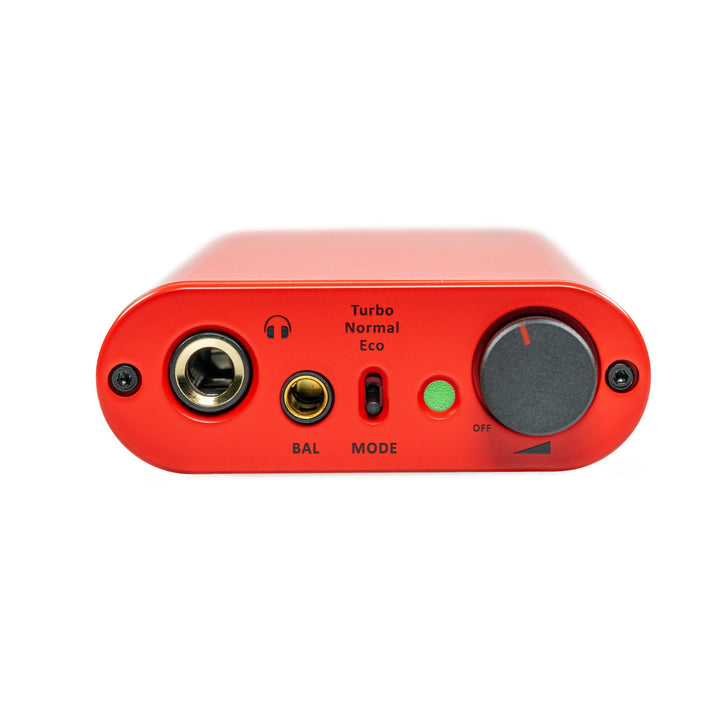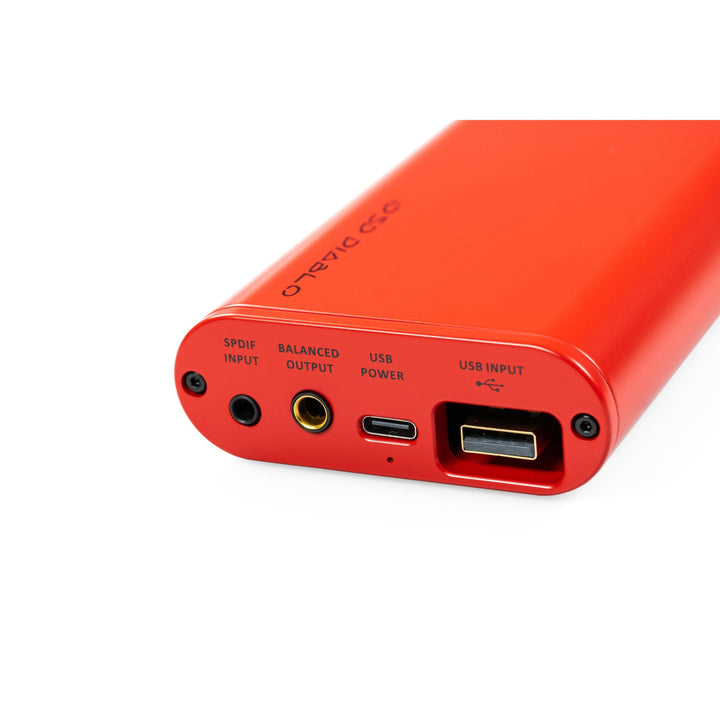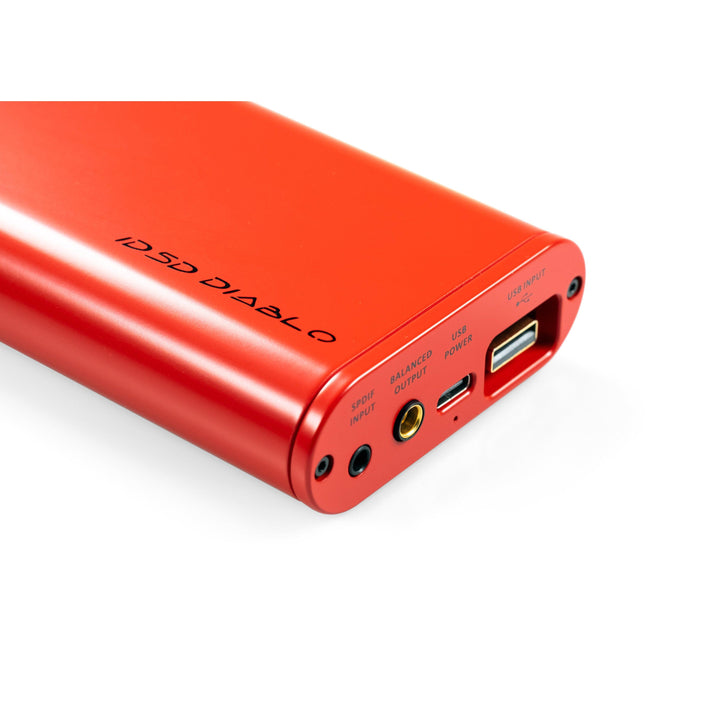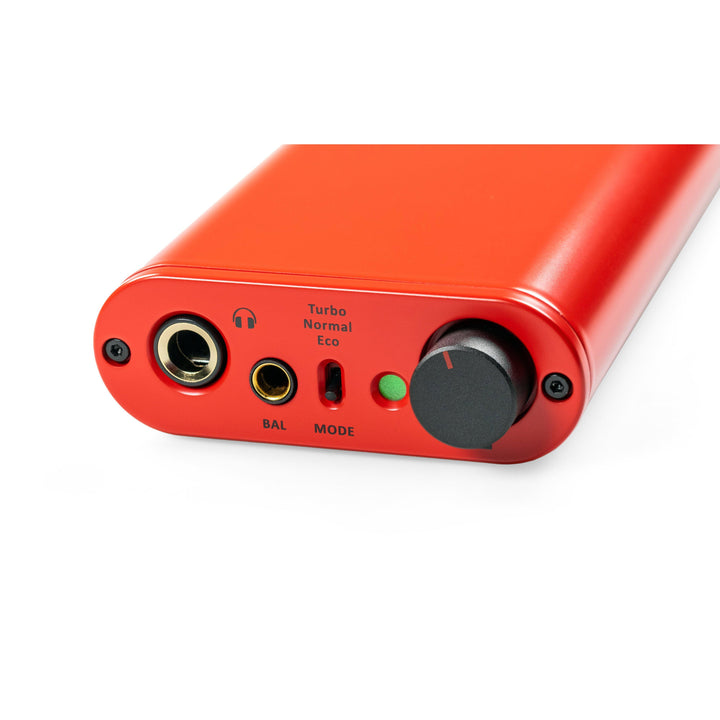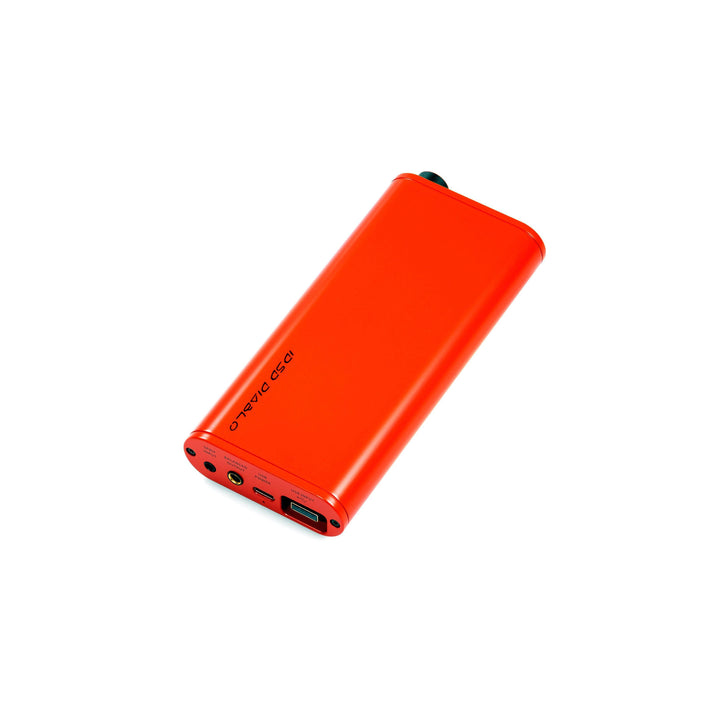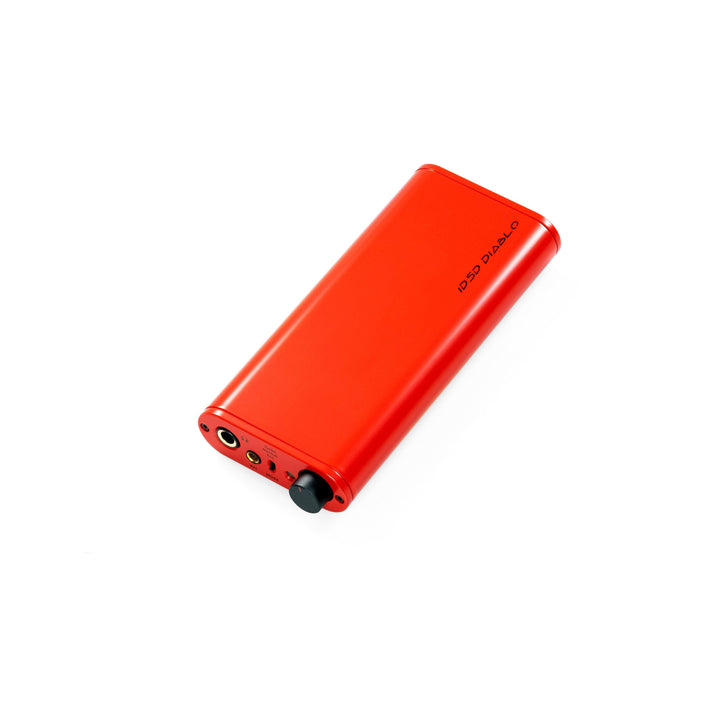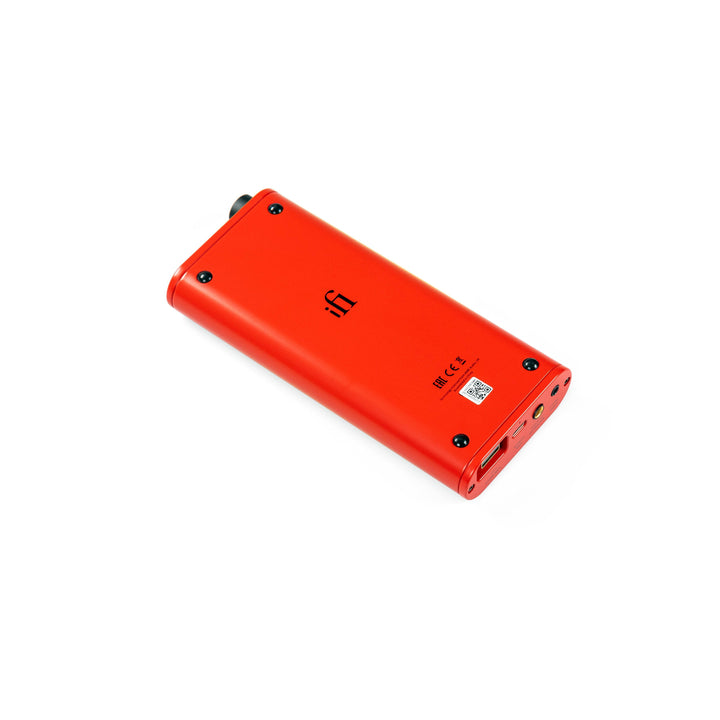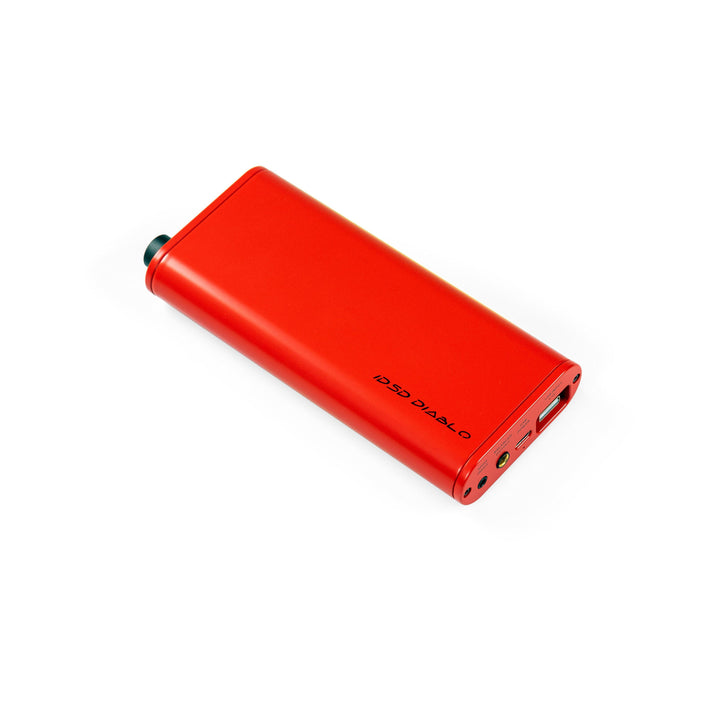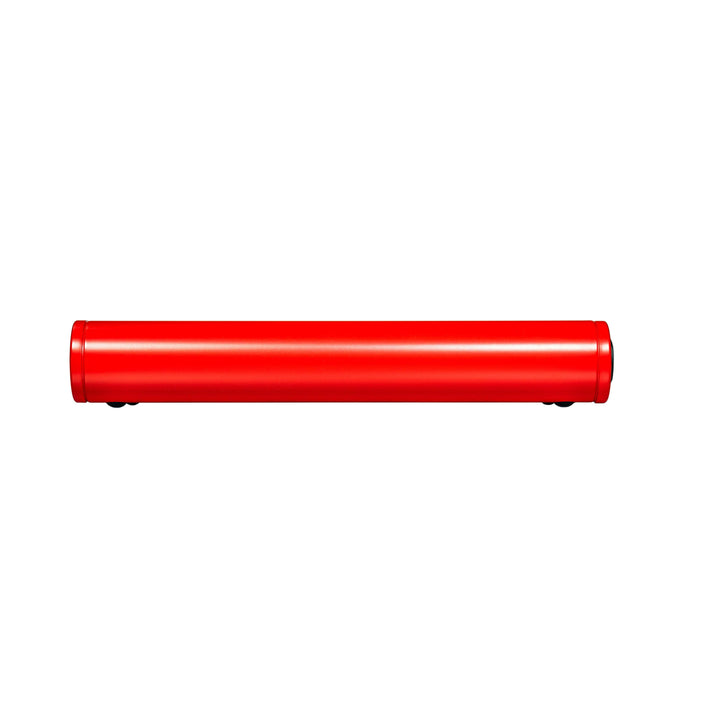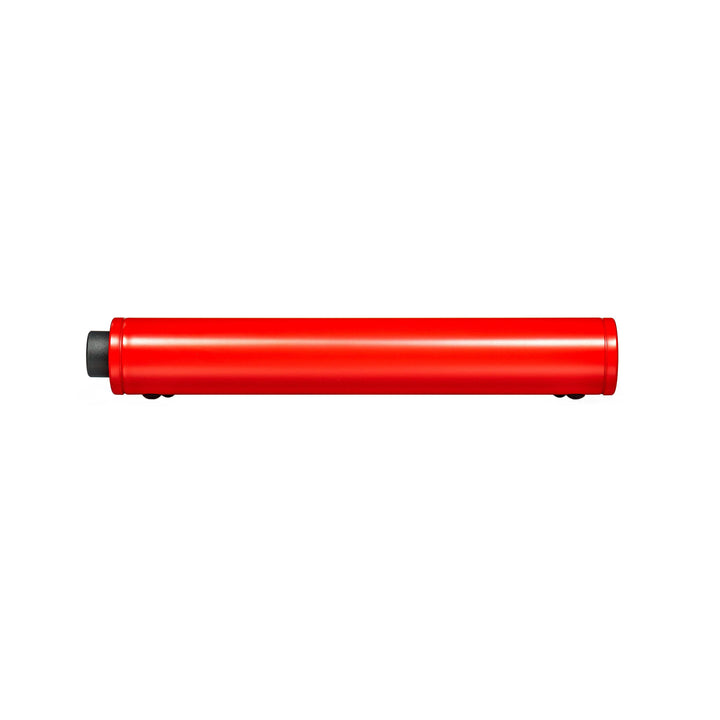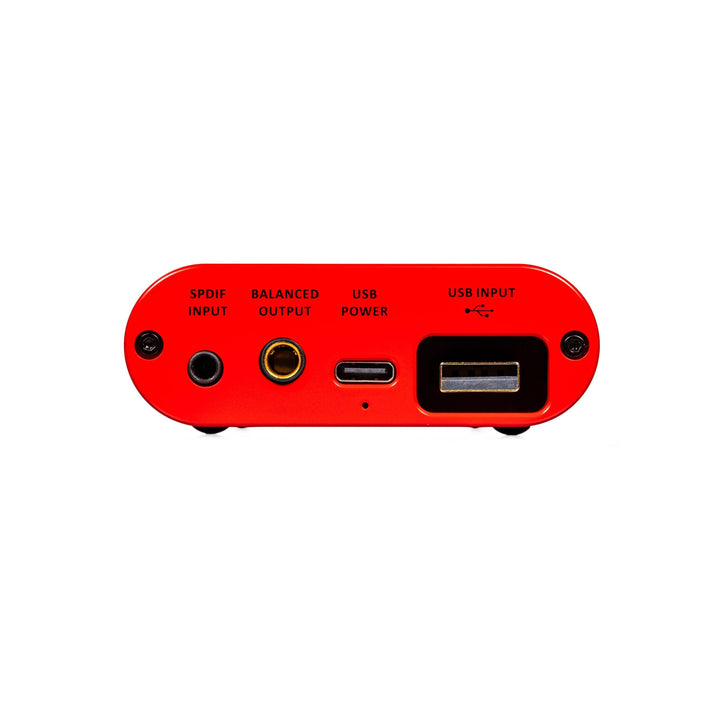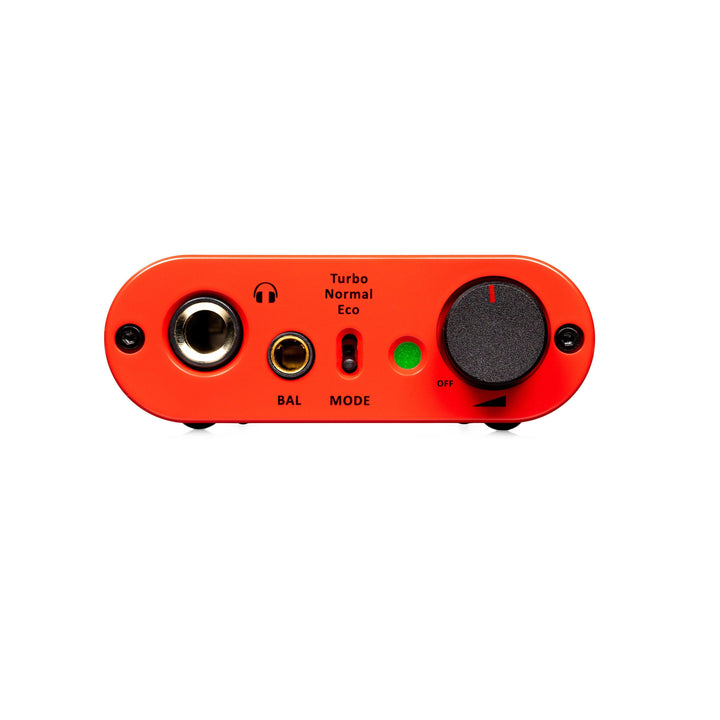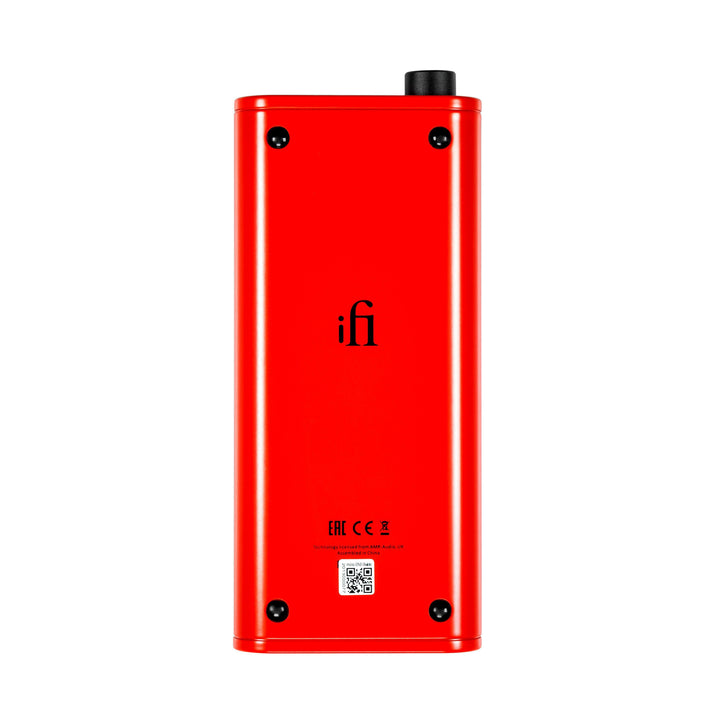
|
Bloom's Take The iFi Diablo doesn't have extra features, gimmicks, or fancy switches: just power, power, and more power. To go along with that, you get a clear, neutral delivery of your music that will let you feel every high and low in your favorite songs. |
We use two Burr-Brown DAC chips and the new 16-core XMOS chip to process the data received via the USB and S/PDIF digital inputs.
This means the iDSD Diablo can handle up to PCM 768, DSD 512, 2xDXD. Both PCM and DSD remain ‘bit-perfect’.
It also provides full MQA decoding!
Balanced, differential analogue circuit design reduces noise and cross-talk within the signal path by fully separating the left and right channels. The iDSD Diablo benefits from further refinements to our balanced, symmetrical dual-mono topologies with short, direct signal paths. We call this PureWave.
Negative feedback is used in amplifier circuits to compare the output signal with the input signal and correct errors. BUT there are drawbacks. iFi turns the negatives into positives with OptimaLoop.
Able to drive all manner of headphones with ease, the iDSD Diablo delivers up to 5000mW of prodigious power, propulsive energy and engaging dynamics, coupled with a remarkable ability to resolve fine texture and detail.
With 3 settings, you can adjust power and gain to suit your daily driver or track day supercar!
The iDSD Diablo’s focus on pure, unadulterated performance, means much attention has been applied to the power supply circuity.
Battery power provides ultra-clean and stable DC current avoiding the issues of mains electricity – dips, spikes and noise-inducing RFI/EMI pollution. BUT there are sonic downsides resulting from low output voltage and inconsistent output impedance as batteries discharge.
These issues are fully tackled by the iDSD Diablo’s design.
In order to make less efficient headphones, like planar magnetics, sing, the voltage needs to be stepped up from 3.7V to +/- 15V. We use a step-up converter running at 1.2MHz – a frequency far beyond audibility that is easier to filter than a typical switch-mode supply, enabling high linearity and ultra-low noise.
High-bandwidth power supply circuity is dedicated to each critical part of the iDSD Diablo’s design, with independent linear regulation delivering excellent PSRR (Power Supply Rejection Ratio) performance.
The headphone amp stage eschews IC regulators in favour of Panasonic OS-CON capacitors, delivering 2320uF between them.
The DAC section benefits from an ultra-low-noise regulator with additional passive filtering, reducing high order harmonic distortion and, in turn, jitter.
Even the USB input stage benefits from dedicated regulation and multi-stage filtering, and the microprocessor control circuitry (often a local source of digital noise) has separate regulation, too.

At the front of the unit, alongside a standard 6.3mm single-ended headphone socket, resides a 4.4mm Pentaconn output for headphones offering balanced connection.
At the back are two digital audio inputs: USB-A and a S/PDIF socket that accepts both electrical and optical signals, the former via a 3.5mm connector and the latter via a supplied adapter.
The USB-A input features a ‘male’ connector, rather than a typical ‘female’ port for greater mechanical integrity. A separate USB-C charging port is also provided, along with a 4.4mm Pentaconn balanced output to connect to an external amp.
As befits a reference-level product, we’ve included a whole host of accessories in a luxurious travel case.
As the iDSD Diablo may be powered from the mains, as well as by its built-in battery, we’ve included our super silent, noise-cancelling iPower 5V AC/DC adapter to ensure optimal sound quality.
Also included is a 4.4mm Pentaconn to twin XLR balanced interconnect cable to connect the iDSD Diablo to an amp and speakers (or a pair of active speakers) with balanced XLR inputs.
We’ve also added a short (15cm) USB-C to USB-A audio cable, as well as an extension cable plus a USB-C charging cable and an adapter to connect headphones with a 3.5mm jack to the 6.3mm single-ended output.

| Digital Inputs | USB 3.0 type 'A' (USB2.0 compatible) S-PDIF (3.5mm coaxial/optical) |
|
| Formats supported | DSD512/256/128/64 Octa/Quad/Double/Single-Speed DSD DXD (768/705.6/384/352.8kHz) Double/Single-Speed DXD PCM (768/705.6/384/352.8/192/176.4/ 96/88.2/48/44.1 kHz) MQA (Decorder) |
|
| Frequency Response | 10Hz-80kHz(-3dB) | |
| SNR | Balanced S-E |
-120dB -114dB |
| Dynamic range | Balanced S-E |
120dB 114dB |
| THD + N | Balanced S-E |
0.002% 0.001% |
| Headphone Max Output | Balanced S-E |
>19.2V/611 mW (@ 600 Ohnn) >12.6V/4,980 mW (@ 32 Ohm) >9.6V/153 mW (@ 600 Ohm) >8.8V/2,417 mW (@ 32 Ohm) |
| Fixed Audio Output | Balanced 4.4mm | |
| Power consumption | Turbo Normal Eco |
12W 5W 2W |
| Battery | Lithium-polymer 4800mAh | |
| Power System | Charging via USB-C (iFi iPower included) BC V1.2 compliant up to 1900mA charging current |
|
| Dimensions | 166 x 72 x 25 mm 6.5" x 2.8"x 1.0" |
|
| Weight | 330g (0.73 lbs) | |
| Warranty period | 12 months | |
| *Specifications are subject to change without notice. |
It doesn't have the cool xtra bass feature that other amps in their lineup does but it's just an amazing amp! Bad to the bone. And as always the guys at Bloom are the best in the game
I used it with my Line Magnetic Tube Amp, pumps the meter from 50 watts to 150 watts. I use it in my 2012 Prius makes stock sound louder at 12 o'clock in turbo . I also use it with my beredynamic 300ohm. Can not wear with volume all the up. When I used my Tube Amp to fire the 300ohm it was around 10 watts. So put that in your pipe and smoke it. I use it to watch movies on my nividia shield. I used my Samsung S20 ultra, with USB Audio Pro. I use thing all day. Morning plugged in at 2 hours, battery in car commuting, then back home plugged in for the family 6 hours.
